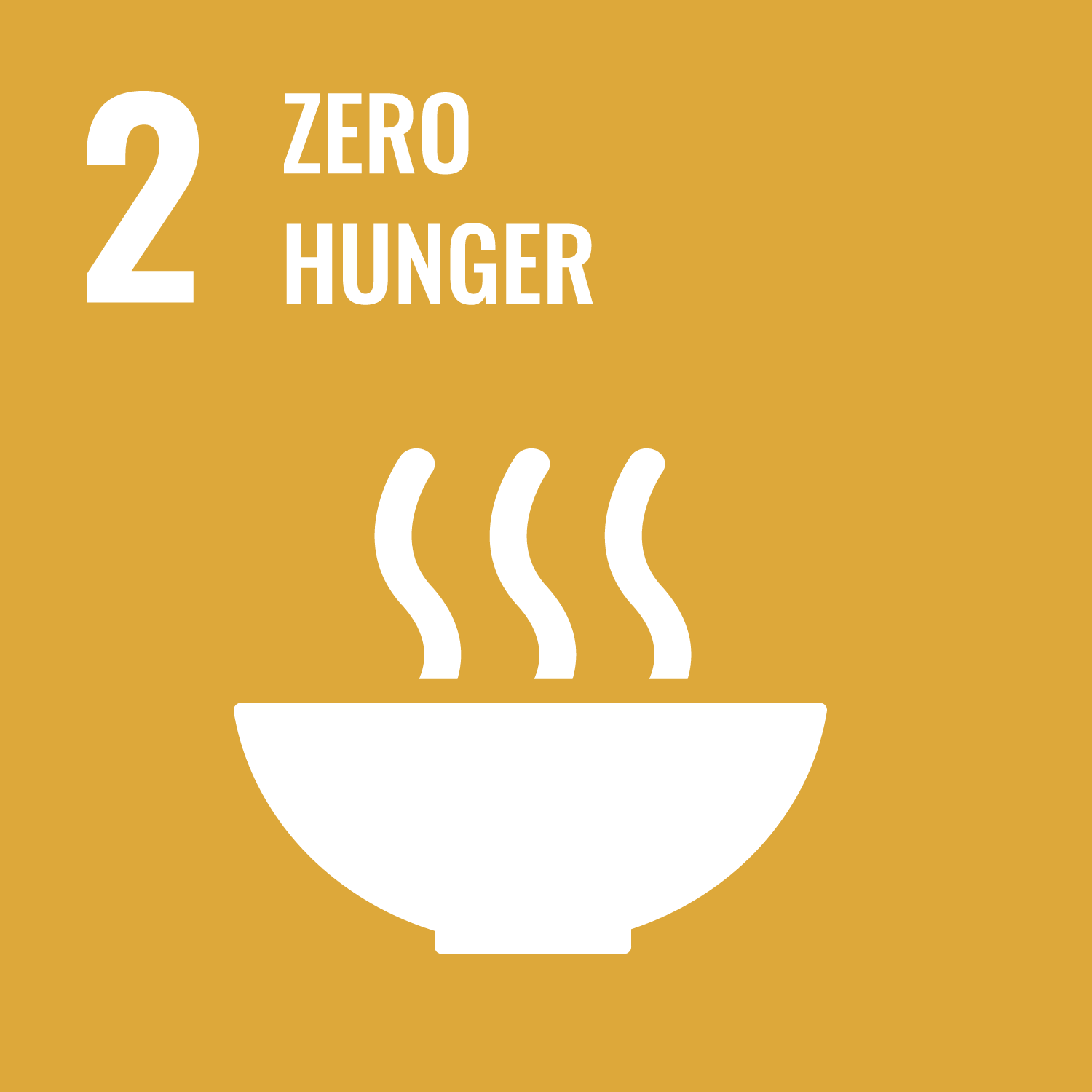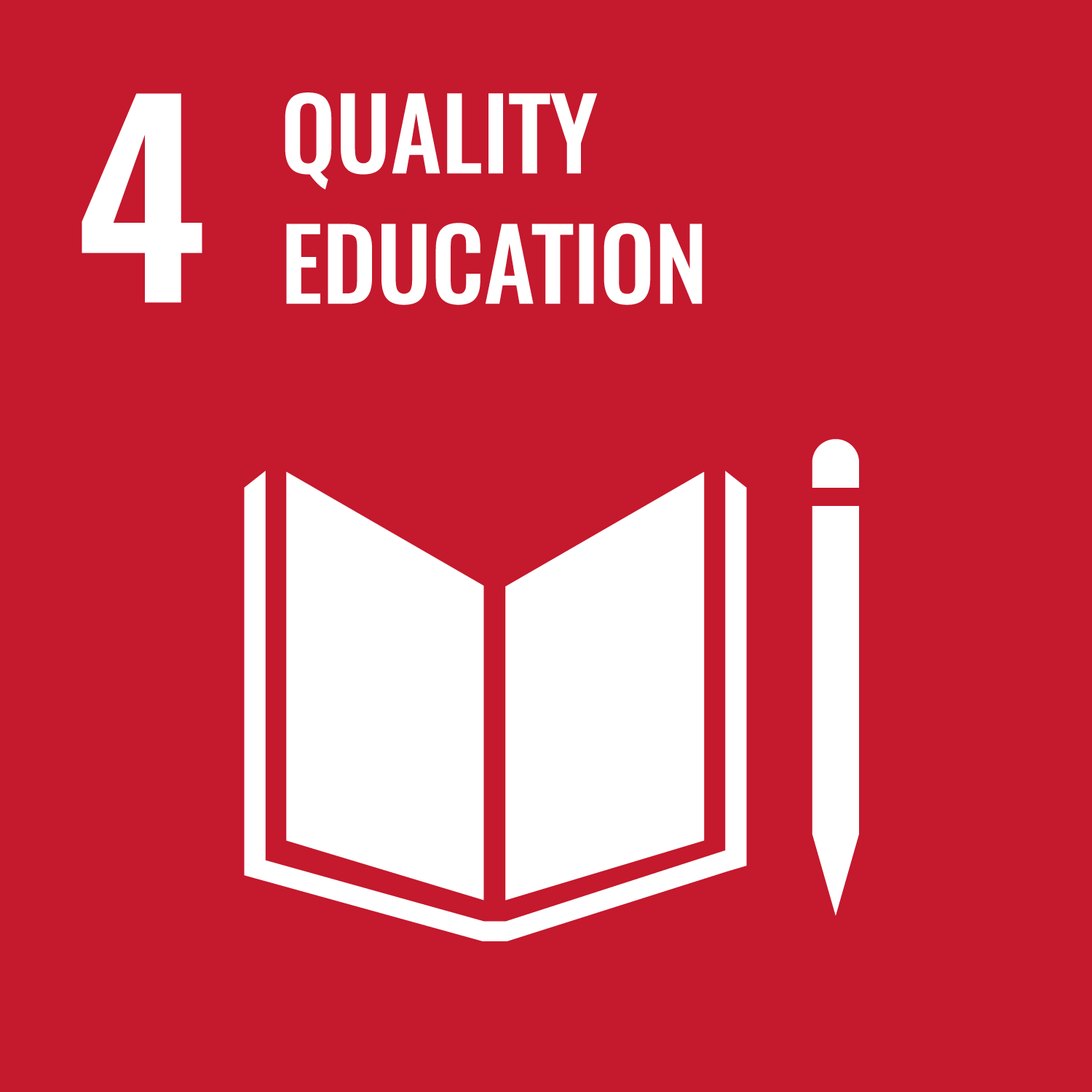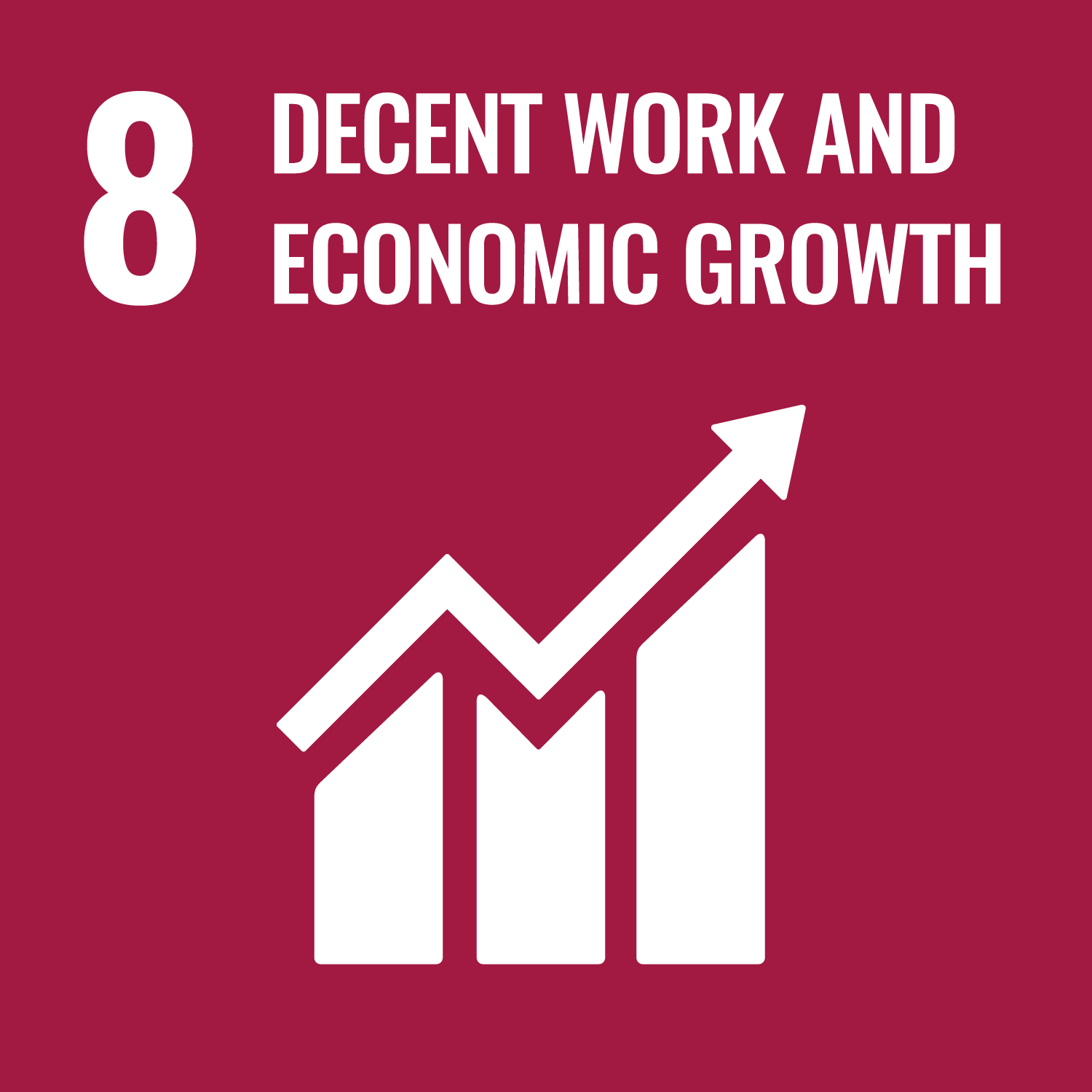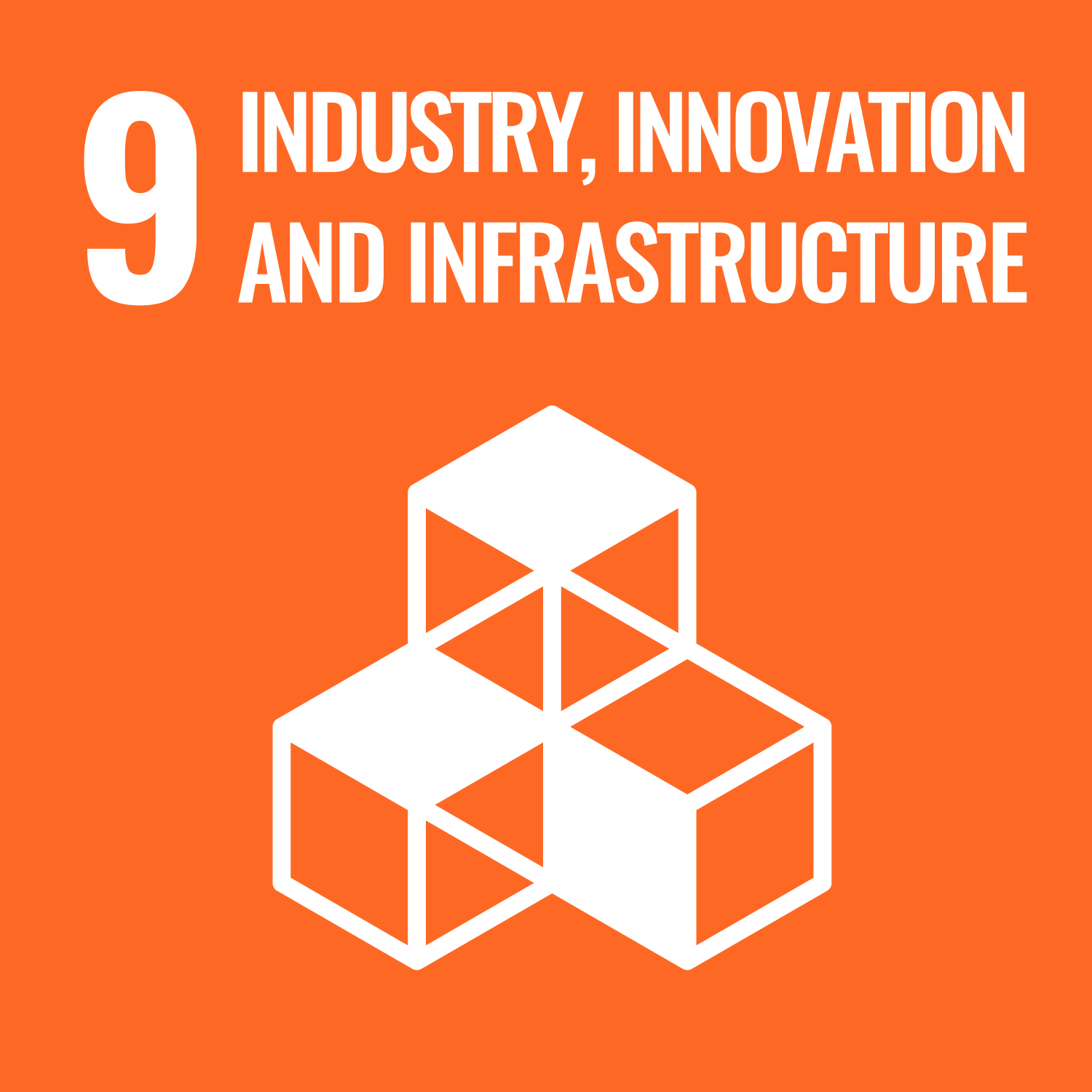
RwandaArticleDigitalization
RwandaArticleInvestment




Dutch private sector engagement in Rwanda, as revealed by the Responsible Business Conduct(RBC) survey, has had a positive impact on the country’s economy and workforce. Seventeen Dutch organizations participating in the survey have collectively generated 4,529 jobs, with 56.6% held by men and 43.4% by women. These jobs are predominantly permanent, contributing to stability and sustainability for employees and their families. Employees receive competitive salaries, training, education, and various benefits, showcasing a commitment to personal development and adherence to Rwandan labor laws.
Gender and Equal Opportunities in the Business Environment
An essential aspect of Responsible Business Conduct is ensuring a fair and safe workplace with equal opportunities for all employees. There is still a gender difference in opportunities and challenges, particularly for women. This is reflected in the opportunities and challenges available in the job market and their current jobs (SDG 5, 2020).
Challenges:
Implementing Responsible Business Conduct (RBC) poses multifaceted challenges for companies internally as well as externally. These challenges include difficulties in prioritizing RBC aspects, the perceived high cost and time-intensive nature of implementation, skepticism about the tangible benefits to the companies, limited support for RBC initiatives, insufficient knowledge of RBC, and a lack of clarity regarding people’s expectations from the company in this regard. Addressing these challenges requires strategic planning, resource allocation, and fostering a better understanding of the benefits and expectations associated with RBC.
Read detailed recommendations from the survey, and further detailed information on responsible business conduct in Rwanda, in the report. Contact [email protected].
“As long as we open new businesses, why not involve employees directly? It helps in keeping yourself motivated at all times, because you work for yourself rather than for someone else.”
Stay up to date
From sector studies to trade missions. From concept development to local coordination. Witness first-hand how we develop lasting private sector solutions.